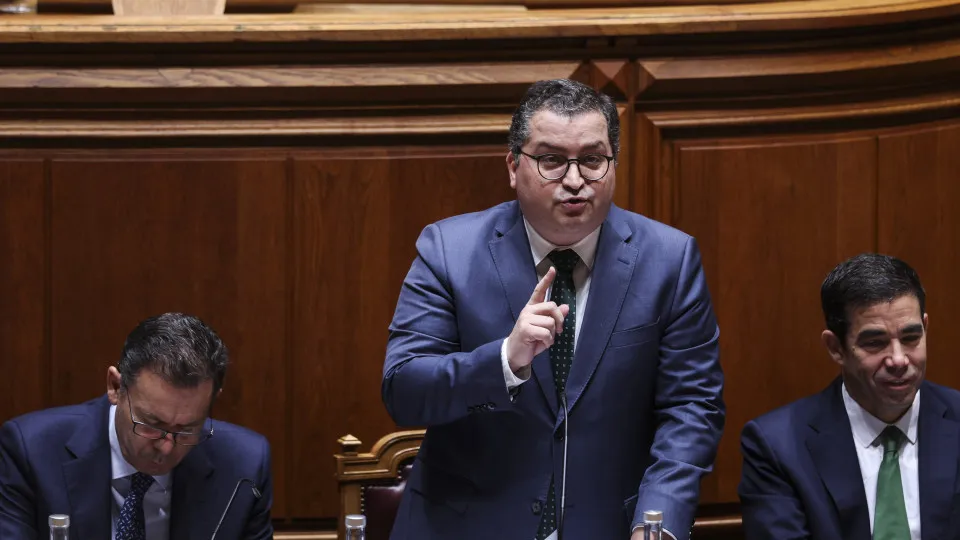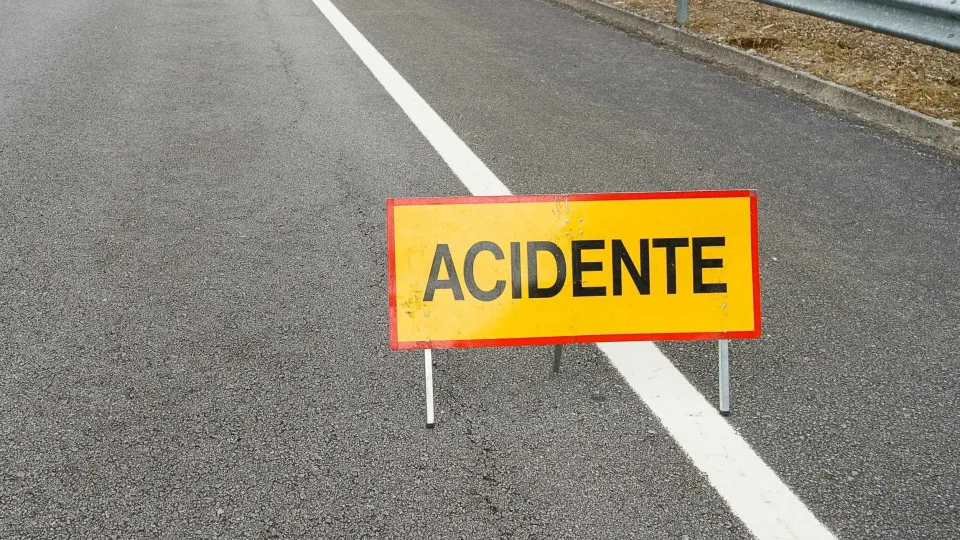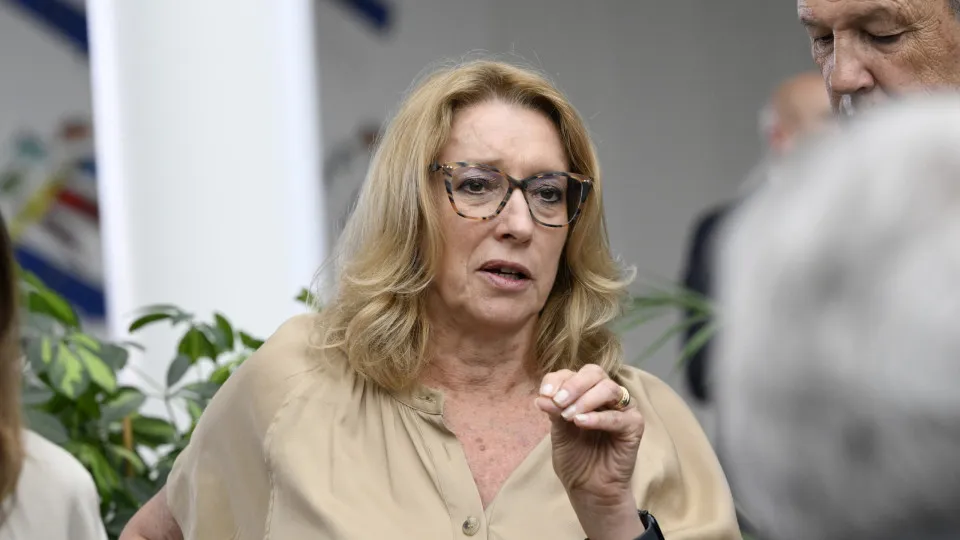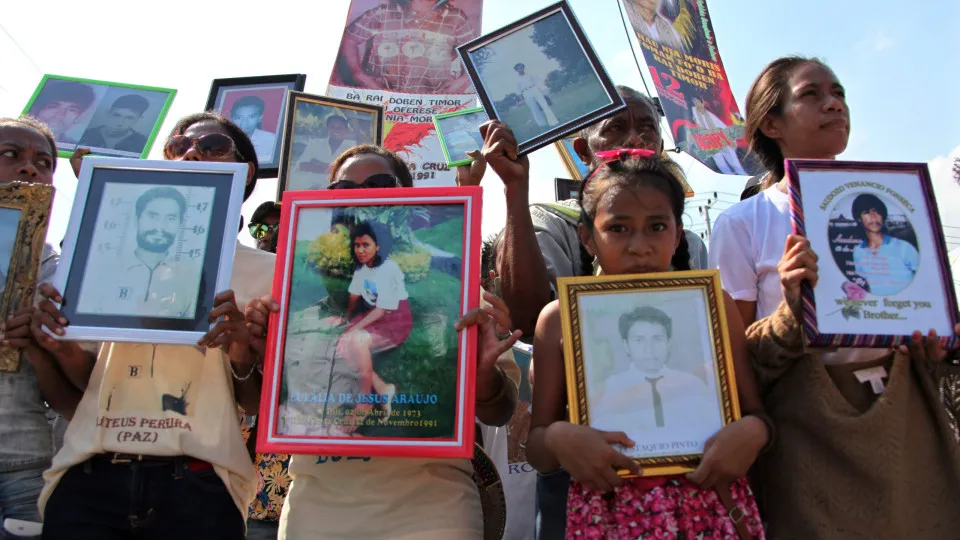
The critique was delivered by Joaquim Miranda Sarmento in response to over a dozen requests for clarification, including from the Chega and PS benches, following his address that opened the second day of the State Budget proposal discussion for 2026.
After Chega deputy Patrícia Almeida questioned the government about the budget balance, speculating on possible “budget engineering” and criticizing what she called an “incipient” budget without public spending, Miranda Sarmento asked her to clarify the term “budget engineering” and pointed out a “common contradiction” between socialists and Chega.
“There is an extraordinary contradiction between the PS and Chega benches. A common contradiction. Both claim that the accounts are unbalanced, yet both propose measures to increase spending,” he stated.
Previously, PS deputy Miguel Costa Matos had asked the minister to admit that the government intends to increase taxes and had “blown apart” the stable accounts left by the PS, adding that this is a “end-of-party” budget that “tightens the belt” on support for farmers and housing investment, does not increase pensions, while reducing corporate tax.
In another statement, PS deputy António Mendonça Mendes said that although the next State Budget’s approval is guaranteed, the PS’s position is solely due to the need to fully comply with the Recovery and Resilience Plan and does not represent a “vote of confidence” in the underlying policies of this budget, nor is it a vote of confidence in the presented accounts.
Mendonça Mendes criticized an alleged “inconsistency in the output gap forecast,” stating that the country, in six months, goes from an economy growing above potential to one growing below potential, as well as inconsistencies in the varying policy framework, primary net expenditure, and real estate sales forecasts.
On this matter, Miranda Sarmento expressed willingness to discuss these issues but questioned the socialist deputy if the PS secretary-general would be comfortable with his intervention, as he allegedly “ignored all PS proposals” and chose to highlight data inconsistencies.
In other clarification requests, PSD’s Hugo Carneiro praised what he described as a “good budget for the country,” while CDS-PP’s Paulo Núncio questioned the minister about whether “it is possible to guarantee that no worker will pay more IRS.”
IL’s Mário Amorim Lopes inquired what is “limiting” the country’s growth so that Portugal can compete with other European countries, expressing his desire to help the government so that Portugal can effectively grow.
PCP deputy Alfredo Maia criticized the reduction in corporate tax and “favoring of large companies,” while the government “continues to refuse the reduction of VAT on essential goods and services like electricity,” questioning the finance minister on the “fiscal justice” of “a worker paying more tax rate on their salary than a large real estate owner living off rents.”
Mariana Mortágua, the sole deputy of BE, also criticized the reduction in corporate tax and the return of 200 million euros to banks “on account of an additional amount already charged,” questioning the reasons for “banks paying less taxes” while they “have million-dollar profits.”
Inês de Sousa Real, from PAN, insisted on the need to reduce VAT on food and animal health, stating that this measure “doesn’t affect the stable accounts” and would aid families.
Filipe Sousa, from JPP, asked the minister if he would be open to, in the specialty discussion, creating a norm to “prevent Madeira from being forced year after year to request compensation from the central state for revenue loss due to lack of access to the Cohesion Fund.”




